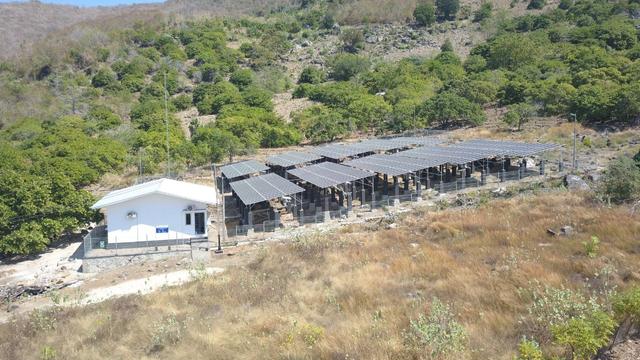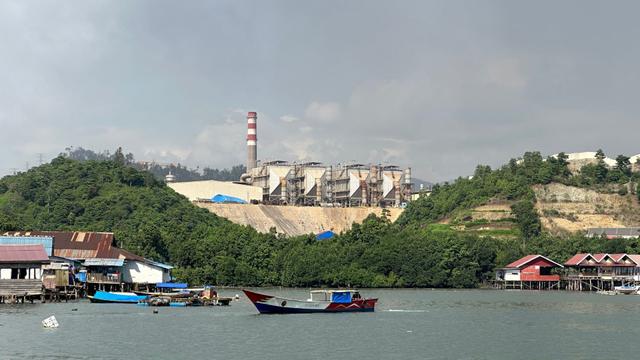19 June 2025
Understanding Energy Transition from Urban Grassroots View
The transition from fossil fuels to renewable energy is a strategic challenge for Indonesia. Although the government has expressed its commitment to decarbonization, public understanding and participation remain limited, especially among lower-middle-income urban communities. Yayasan Indonesia CERAH recognizes that the success of a just and inclusive energy transition depends heavily on active public involvement. This report explores the knowledge, attitudes, and information needs of three key audience groups: urban housewives, informal sector workers, and young people with basic education. The findings serve as a foundation for designing a strategic, data-driven digital campaign to raise awareness and engagement.
Latest Reports
See All

Leveraging China’s Green Momentum for Indonesia’s Economy
Leveraging China’s Green Momentum to Advance Indonesia’s Economic Development
08 November 2025

Indonesia’s Village Energy Independence Ambition
Indonesia’s Village Energy Independence Ambition: Opportunities and Challenges of Koperasi Desa Merah Putih’s One Village One Megawatt Plan
12 December 2025

Regional Readiness for the Energy Transition Survey
The transition toward clean and sustainable energy has become an urgent necessity for Indonesia. Although the government has set fairly ambitious national targets, data shows that progress remains suboptimal. This report, titled “Assessing Regional Readiness for the Energy Transition: Findings from Four Provinces,” examines the causes of this gap and shows that the main challenges lie not only in technology or financing, but in governance, institutional capacity, and the readiness of local governments.
26 November 2025
Latest Article
See All

Carbon Emission Reduction Through Paperless Office
15 December 2025

NDC Indonesia: Concrete Climate Commitment or Empty Promise?
27 October 2025

COP30: Energy Transition and Climate Justice for Indonesia
20 October 2025
Media Coverage
See All




